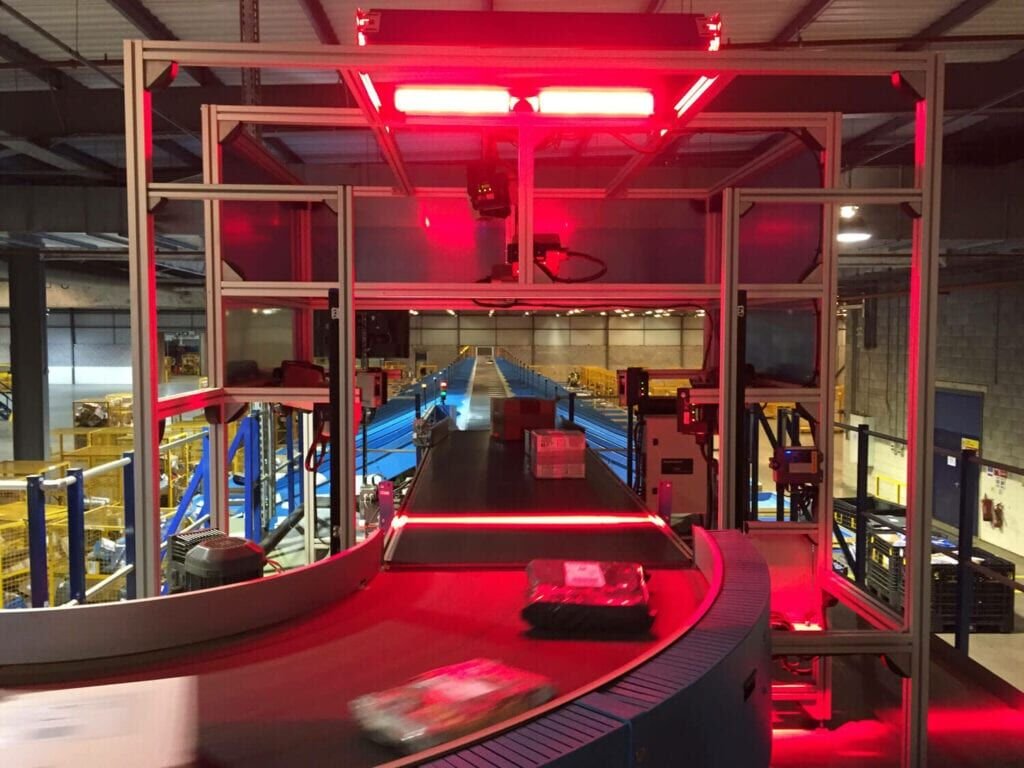Where mass production started
Mass production, like many production enhancement systems, it was popularised in the late 1910s and 1920s by Henry Ford’s Ford Motor Company. The system uses division of labour and there are records of mass production methodologies being used as far back as ancient Greece. It was thanks to Henry Ford that the system was improved and brought to popularity through the Model T. By 1913, a finished Model T rolled out of the factory every 40 seconds. To give an idea of how much this increased the speed of production, in 1909 Ford made 14,000 models and in 1913, four years later, Ford made 189,000 models.
This was not the only advantage mass production was showing, the cost dropped from $950 per model in 1909 to $550 in 1913. Once the mass production system was moved over to an assembly line production with items being moved by conveyor belts the time required to build a car dropped to a third of what it had previously been. More recently there are a range of different production models that are derived from the mass production assembly line used by Ford. It’s a much more sophisticated system today and has a bigger focus on planning and scheduling with actual production becoming carefully managed flows of parts, materials, and employees. An example of a more recent innovation is the ‘just in time (JIT)‘ production line invented in Japan.





